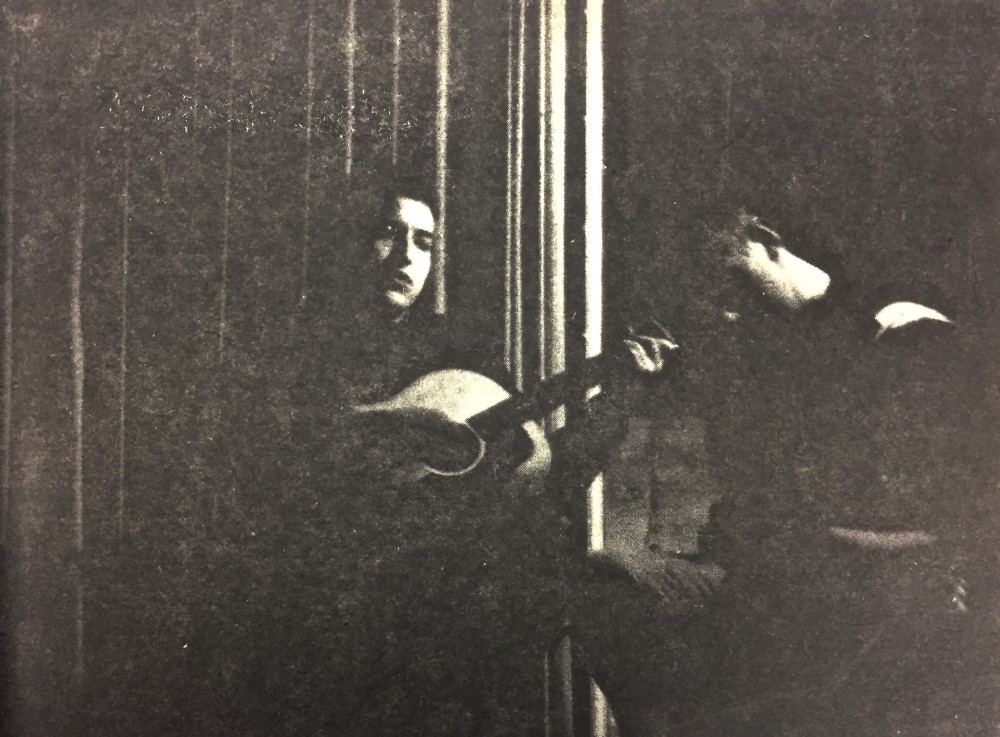In a surprising turn Thursday, the Swedish Academy awarded Minnesota-native and vagabond folk singer Bob Dylan, 75, the Nobel Prize in Literature — a radical move for a well-deserving artist who was once dubbed “the spokesman of a generation.”
Dylan — who according to the Academy “created new poetic expressions within the great American song tradition” — is the first musician to win the Nobel since the award’s genesis in 1901. He now joins the ranks of other vaunted laureates such as John Steinbeck (1962), Gabriel García Márquez (1982), Wole Soyinka (1986) and Toni Morrison (1993).
After growing up in Hibbing, Minnesota, Dylan spent a year at the University of Minnesota before making the pilgrimage to New York City in 1961 where he found success.
In a 1963 poem, “My Life in a Stolen Moment,” Dylan riffs of his college days: “I got expelled from English class for using four-letter words / in a paper describing the English teacher / I also failed out of communication class for callin’ up / every day and sayin’ I couldn’t come.”
Perhaps the classroom wasn’t Dylan’s forte, but it was in Dinkytown where he changed his surname from “Zimmerman” to “Dylan” and spent nights performing at the now-defunct Ten O’Clock Scholar — though lore says he was booed off the stage too many times to count.
Folk singer Pete Seeger introduced Bob Dylan at a 1964 Newport Folk Festival in Rhode Island, saying, “He said he ran away from home 17 times and got brought back 16.” Dylan surely transported the influence of the Midwestern way of life to Greenwich Village, and perhaps the streets of Dinkytown are responsible for helping him distill his distinct, poetic voice.
In the ‘60s, a harmonica-clad Dylan cawed about racism, poverty and social change; his resonant body of work — especially the 1964 release of his “The Times They Are a-Changin’” — awoke the social and political consciousness of many listeners who were seeking clarity in a time when Cold War turmoil was mounting.
Dylan’s Nobel win, in a way, reflects a-changin’ vision of “literature” — one that has slowly grown to shun the constraints of genre, structure and form. Words, whether sung or written, retain an incisive, cultural importance.
It’s clear in the case of Dylan, that artistic merit can be found not just in the creases of a book, but also on the radio — with millions of people eagerly listening.








